
Press Release

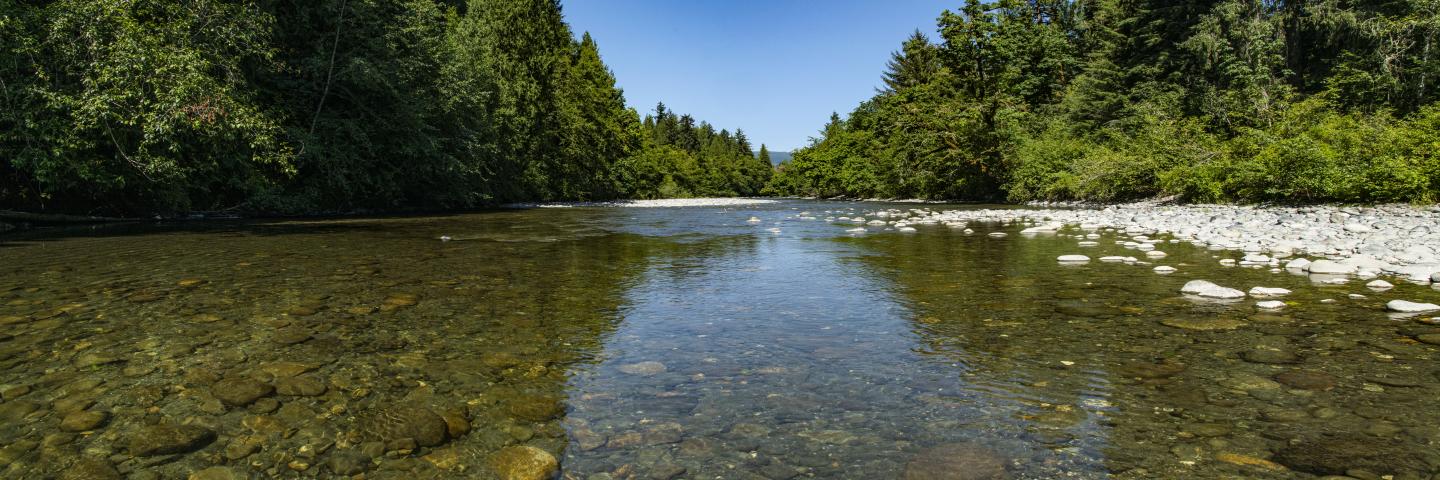
The Regional Conservation Partnership Program (RCPP) is a partner-driven approach to conservation that funds solutions to natural resource challenges on agricultural land.
Through the Regional Conservation Partnership Program (RCPP), NRCS co-invests with partners in innovative, workable and cost-effective approaches to benefit farming, ranching and forest operations; local economies; and the communities and resources in a watershed or other geographic area.
The Regional Conservation Partnership Program (RCPP) promotes coordination of NRCS conservation activities with eligible partners that offer value-added contributions to expand our collective ability to address on-farm, watershed, and regional natural resource concerns. A Notice of Funding Opportunity (NFO), calling for proposal submissions, is released approximately every year. Successful projects demonstrate innovative solutions to conservation challenges and provide measurable improvements and outcomes tied to the resource concerns they seek to address. Learn more here: Regional Conservation Partnership Program | Natural Resources Conservation Service (usda.gov)
Want information about RCPP as soon as its announced? Subscribe to Farmers.gov for program updates.
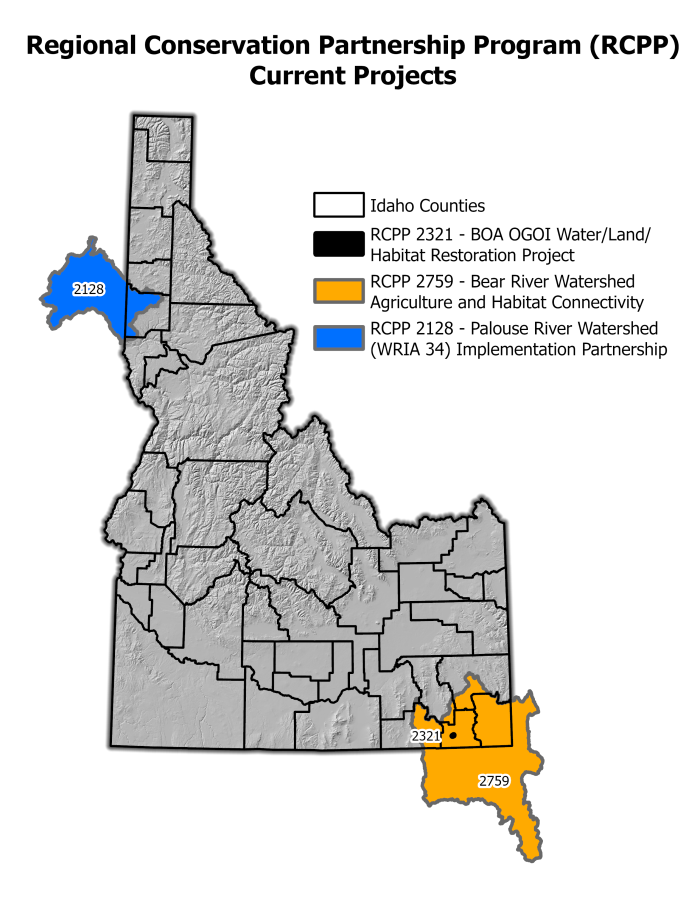
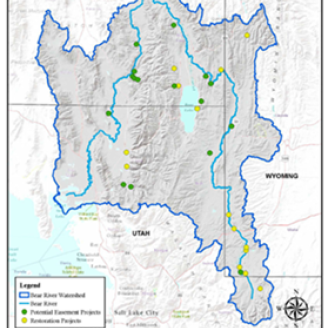
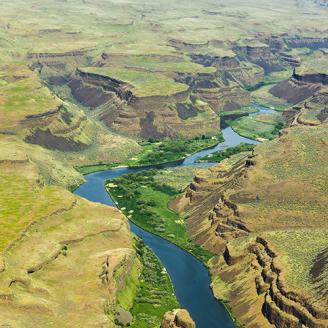
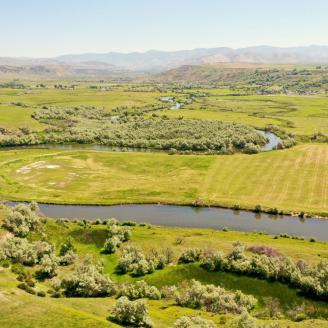
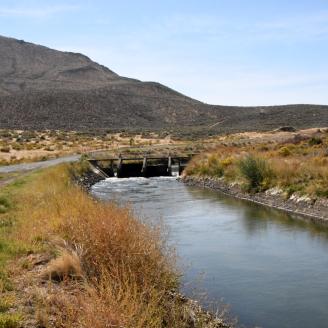
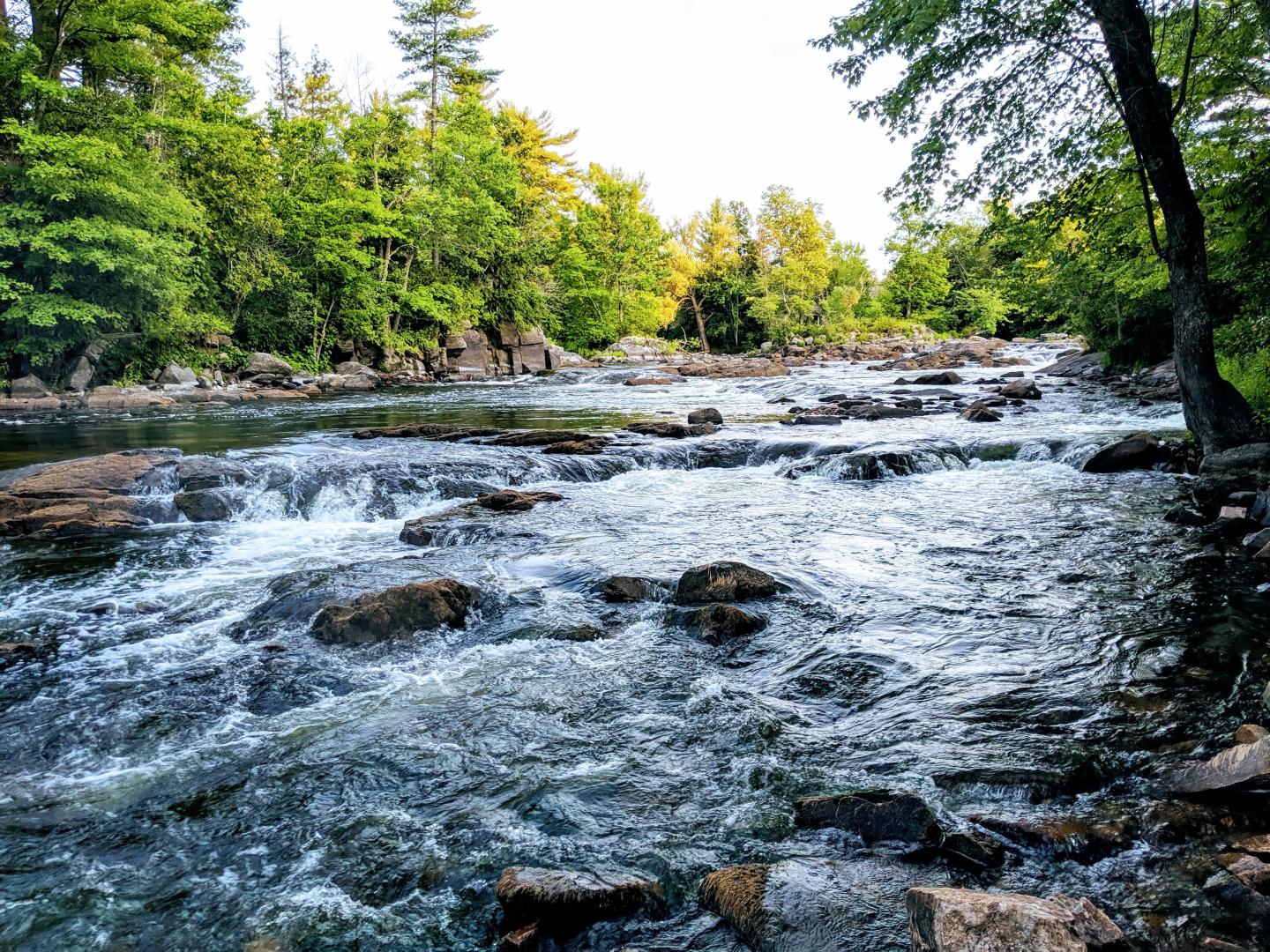
Contact your local service center to start your application.
Do you farm or ranch and want to make improvements to the land that you own or lease?
Natural Resources Conservation Service offers technical and financial assistance to help farmers, ranchers and forest landowners.
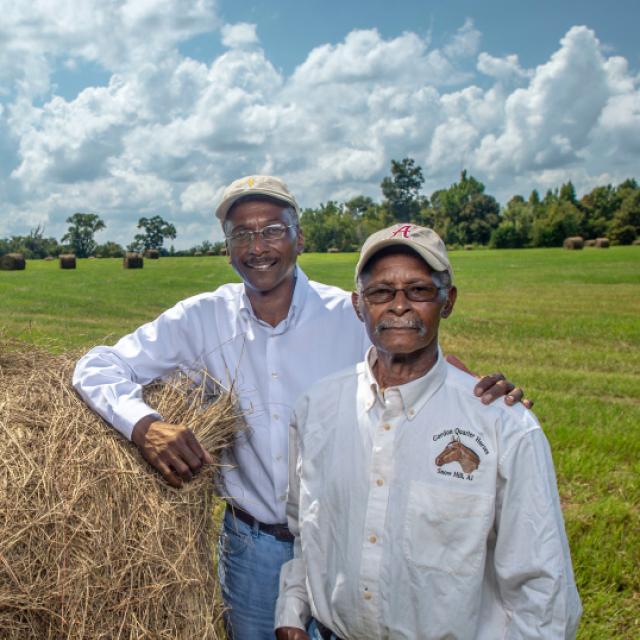
To get started with NRCS, we recommend you stop by your local NRCS field office. We’ll discuss your vision for your land.
NRCS provides landowners with free technical assistance, or advice, for their land. Common technical assistance includes: resource assessment, practice design and resource monitoring. Your conservation planner will help you determine if financial assistance is right for you.
We’ll walk you through the application process. To get started on applying for financial assistance, we’ll work with you:
Once complete, we’ll work with you on the application, or CPA 1200.
Applications for most programs are accepted on a continuous basis, but they’re considered for funding in different ranking periods. Be sure to ask your local NRCS district conservationist about the deadline for the ranking period to ensure you turn in your application in time.
As part of the application process, we’ll check to see if you are eligible. To do this, you’ll need to bring:
If you don’t have a farm number, you can get one from USDA’s Farm Service Agency. Typically, the local FSA office is located in the same building as the local NRCS office. You only need a farm number if you’re interested in financial assistance.
NRCS will take a look at the applications and rank them according to local resource concerns, the amount of conservation benefits the work will provide and the needs of applicants. View Application Ranking Dates by State.
If you’re selected, you can choose whether to sign the contract for the work to be done.
Once you sign the contract, you’ll be provided standards and specifications for completing the practice or practices, and then you will have a specified amount of time to implement. Once the work is implemented and inspected, you’ll be paid the rate of compensation for the work if it meets NRCS standards and specifications.